Imaginings
stories, creative nonfiction, poetry, and other imaginative accounts of the natural world
-
Plastic Trouble: A Graphic Novel, Part IV
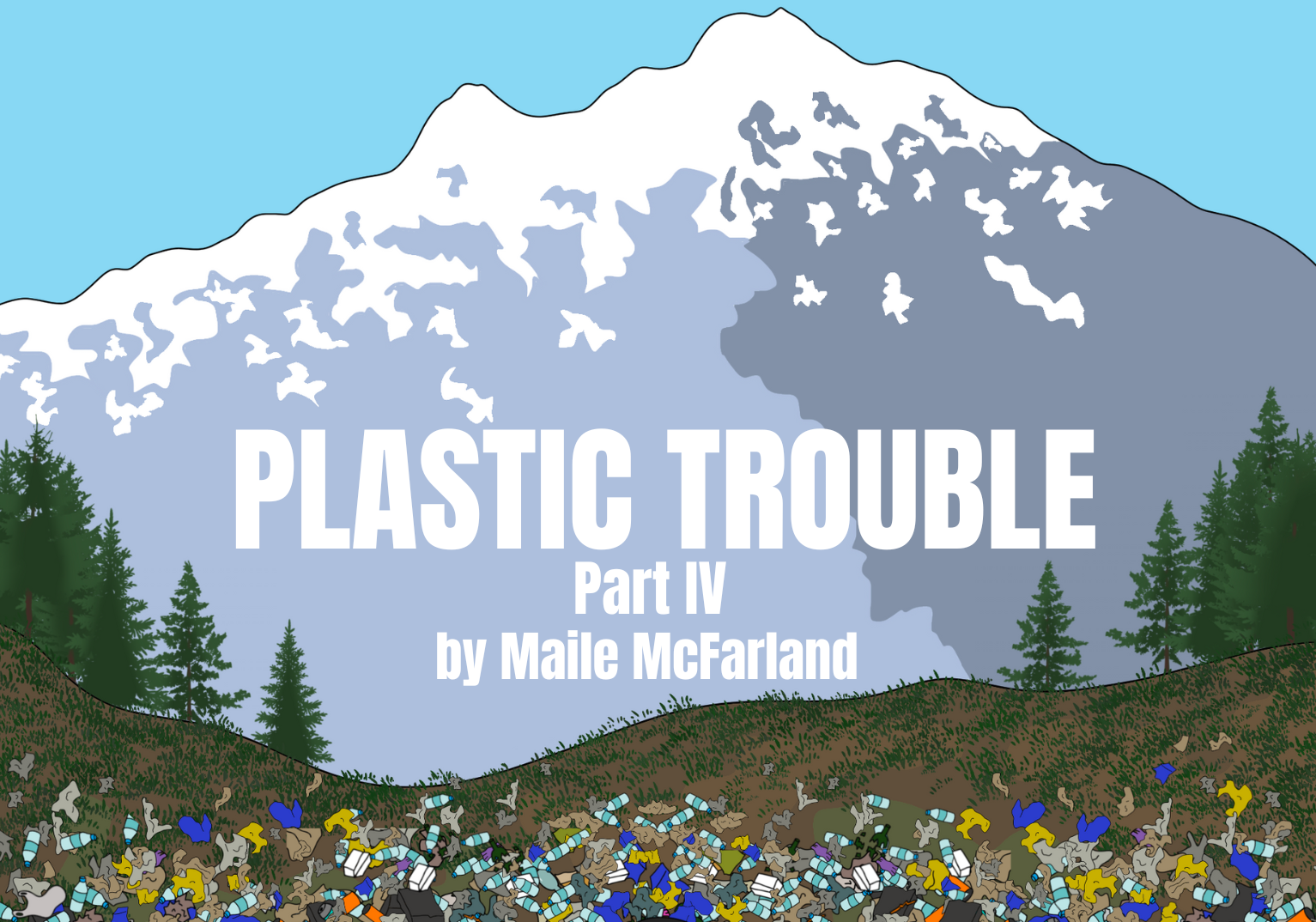
Plastic Trouble is the story of Amiya, a young Himalayan brown bear exposed to plastic waste in the mountains she calls home. Come along on this four-part journey as Amiya wakes up from hibernation to face new, unexpected obstacles and meet new friends in the process.
-
Plastic Trouble: A Graphic Novel, Part III
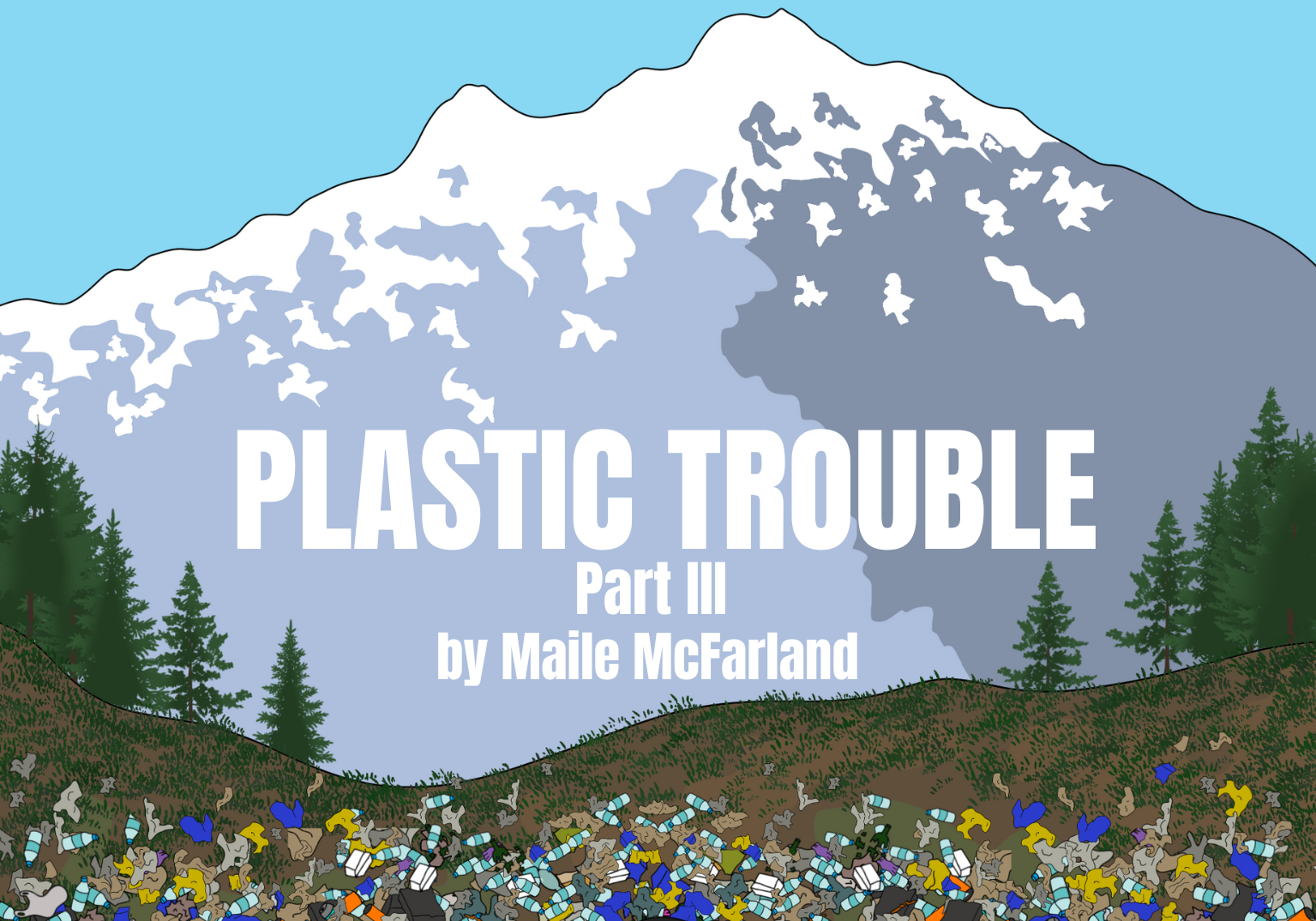
Plastic Trouble is the story of Amiya, a young Himalayan brown bear exposed to plastic waste in the mountains she calls home. Come along on this four-part journey as Amiya wakes up from hibernation to face new, unexpected obstacles and meet new friends in the process.
-
On the Scenic Beauty of Santiago: What Does the Intergovernmental Panel on Climate Change (IPCC) Know About Aesthetics?
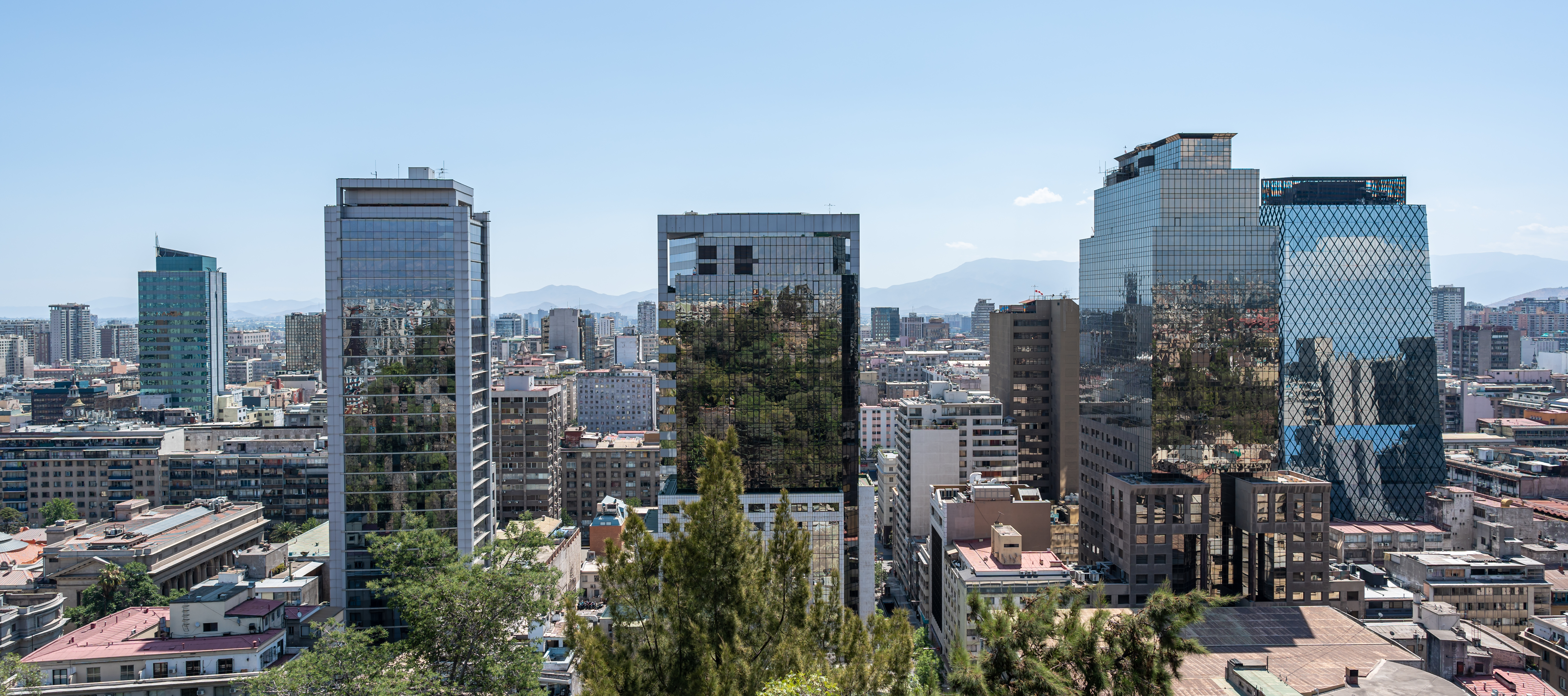
By Floris Winckel and Alice Murphy: An Ecosystem Services article from 2017 warned that under current trends in urbanization, rising temperatures, and wildfires, Santiago de Chile could suffer an alarming 18 to 28 percent drop in scenic beauty. This statistic may surprise readers. Some may find it odd, even inappropriate, to focus on aesthetics in…
-
On Moral Grounds? Carbon Futures for Lowland Peat
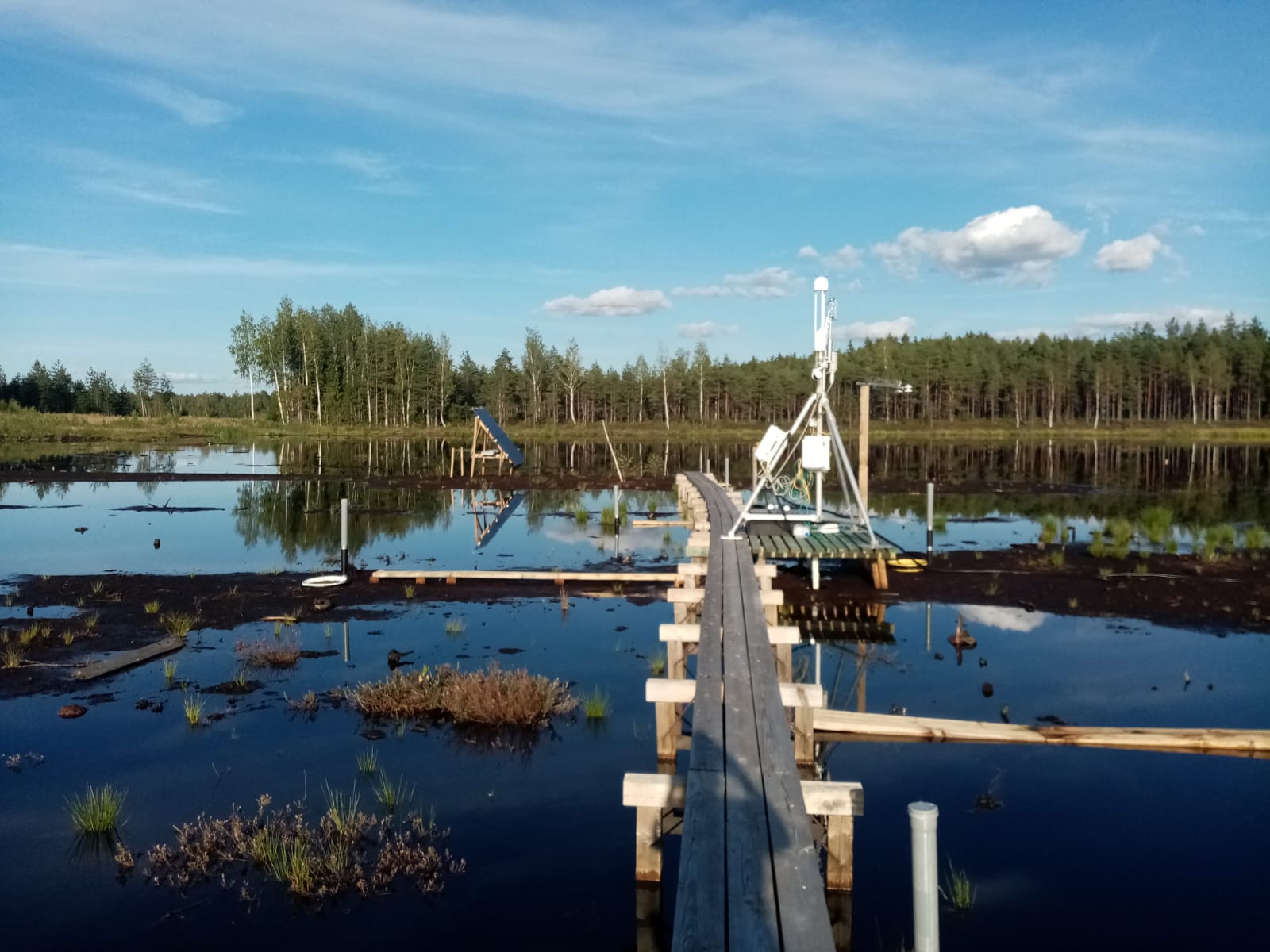
By Aneurin Merrill-Glover: Across Europe, peatlands have nurtured sophisticated and distinctive socio-ecological systems for thousands of years. The process of restoring these unique landscapes—or “peatscapes”—is one that is neither strictly ecological nor exclusively ordered as part of a top-down international response to global warming. On the contrary, peatland restoration as a form of climate-change mitigation…
-
Plastic Trouble: A Graphic Novel, Part II
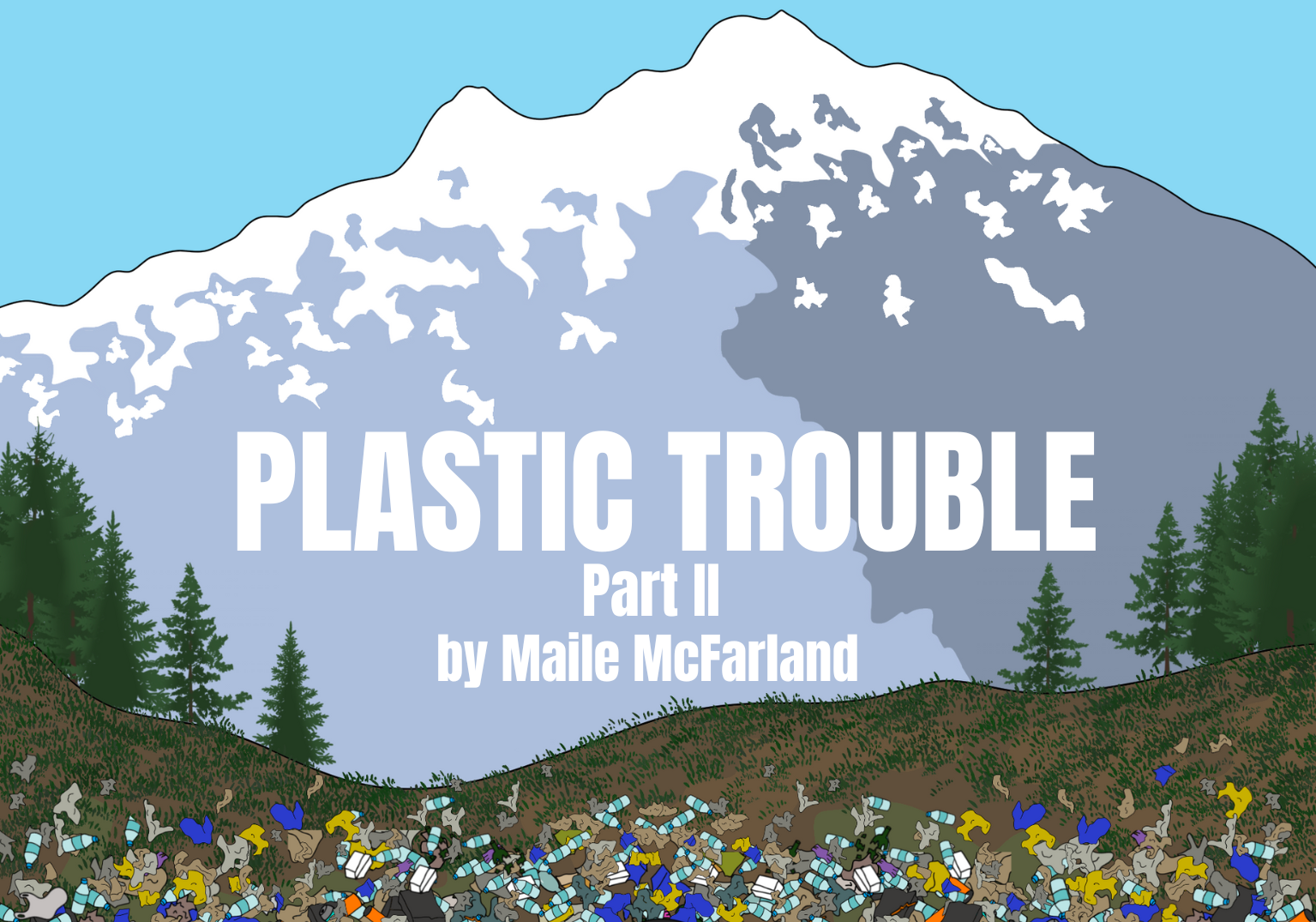
Plastic Trouble is the story of Amiya, a young Himalayan brown bear exposed to plastic waste in the mountains she calls home. Come along on this four-part journey as Amiya wakes up from hibernation to face new, unexpected obstacles and meet new friends in the process.
-
Plastic Trouble: A Graphic Novel, Part I

Plastic Trouble is the story of Amiya, a young Himalayan brown bear exposed to plastic waste in the mountains she calls home. Come along on this four-part journey as Amiya wakes up from hibernation to face new, unexpected obstacles and meet new friends in the process.
-
Russian Environmental Politics: Reading Between the Lines—New Climate, New Strategy: Betting on the Revival of Mammoths over the End of Fossil Fuels
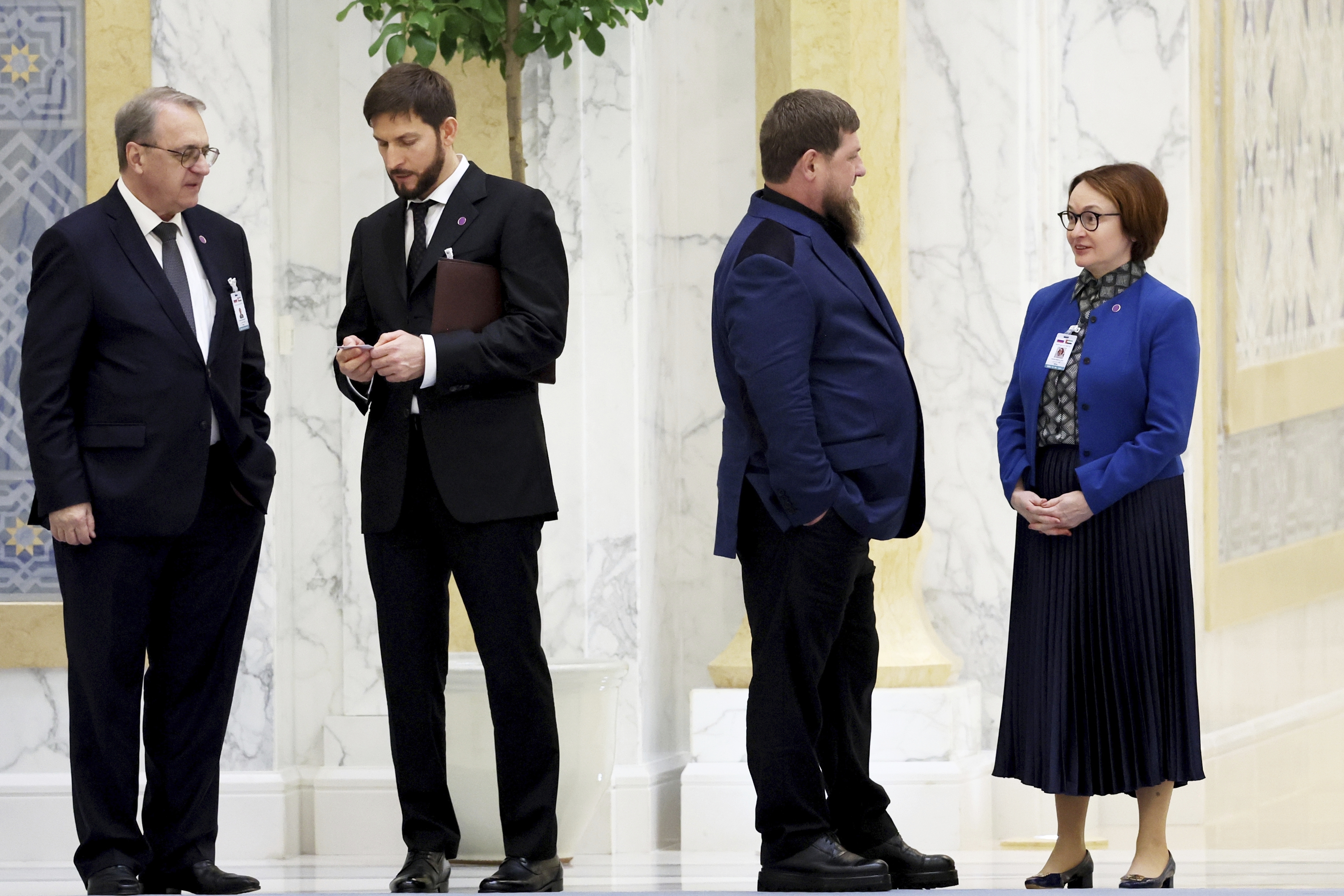
By Vita Lacis: On 26 October 2023, Vladimir Putin signed a revised version of the Climate Doctrine of the Russian Federation—a high-profile document that determines the climate policies of the state on all levels, from international to municipal. Although only an updated version of the previous climate doctrine, released in 2009, the Doctrine illuminates the…
-
Russian Environmental Politics: Reading Between the Lines—The Wounds of War, and What We Must Know
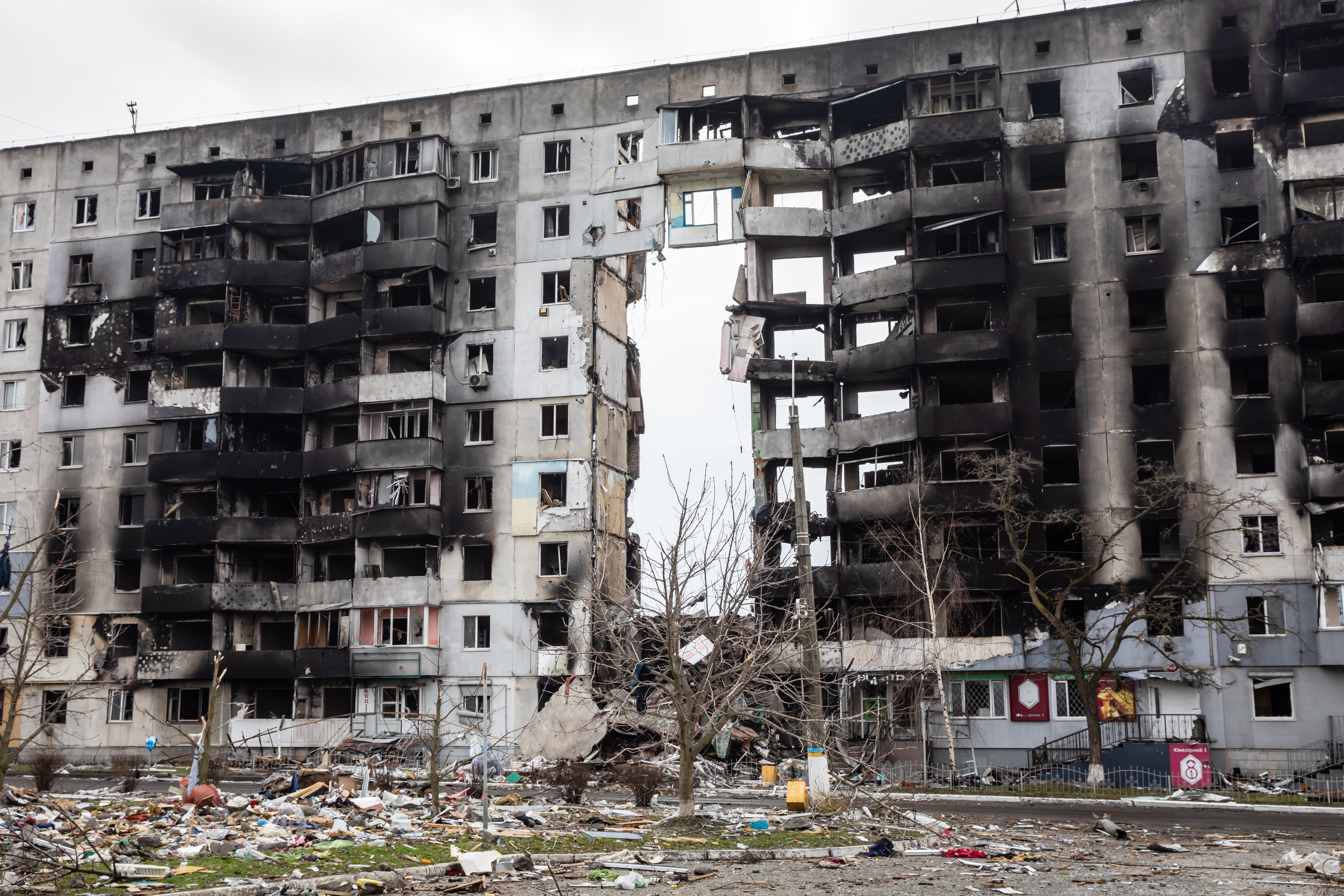
By Vita Lacis: On the morning of 24 February 2022, I woke up to pictures and videos of Russian tanks rolling into Ukrainian cities and Russian planes dropping bombs on Ukrainian residential areas, which look so painfully familiar to anyone who spent most of their life in an identical khrushchevka somewhere in the Murmansk region, Khabarovsk, or…
-
The Anglophone Dilemma in the Environmental Humanities
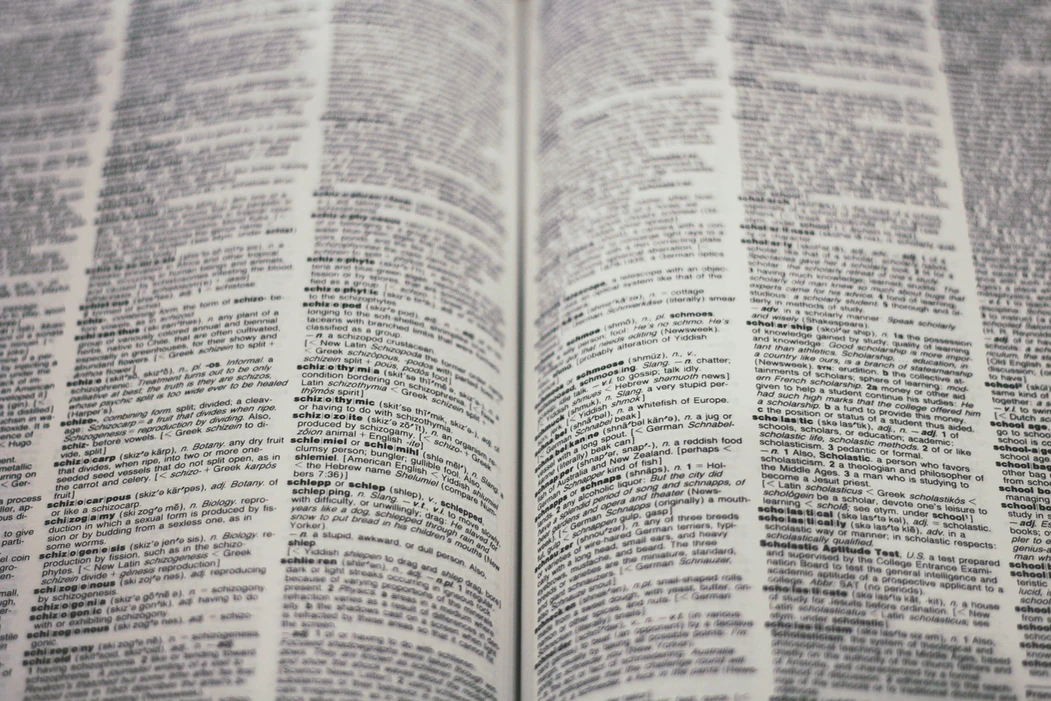
By Dan Finch-Race & Katie Ritson: Transnational discussions of the climate crisis generally use English as a primary language to facilitate direct communication among a high number of stakeholders. The primacy of English is clear for the likes of the Intergovernmental Panel on Climate Change (“version complète disponible en anglais seulement,” the French list of…